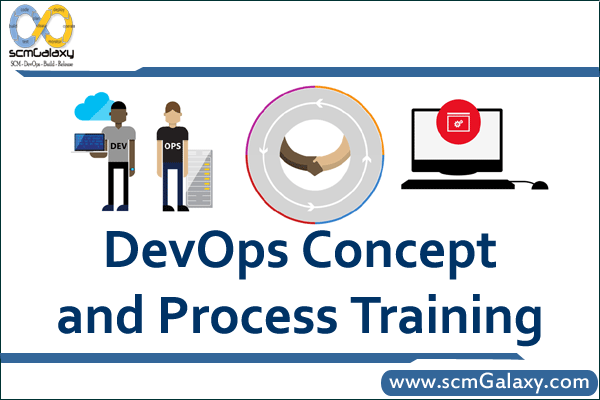

About the DevOps Course
DevOps integrates devlopers and operation teams in order to improve collobration and productivity by automation infrastrcure, automationg workflows and continously application performance. DevOps helps You deliver the best user experience possible and benefits your company by increasing the frequency of deployments of your software and services. DevOps Helps to improve performance and quickly release of application. As rapid delivery of software has become a strategic business asset, progressive IT organizations are pursuing a DevOps culture, where development and operations teams, systems, and tools work in lockstep. By aligning goals and sharing tools and strategies, you can improve velocity and code quality, allowing you to innovate faster.
In this course, we look at the necessity of Devops and how a DevOps transformation can help focus on value and streamlined delivery of your software. We will also cover concepts like Automation, tools & technology which play huge roles in DevOps success;
In this course, we look at the necessity of Devops and how a DevOps transformation can help focus on value and streamlined delivery of your software. We will also cover concepts like Automation, tools & technology which play huge roles in DevOps success;
Course Objective – DevOps
After the completion of DevOps course at DevOpsCo, you will be able to :
- Understand the need for DevOps and the problems it resolves.
- Learn about the common Infrastructure Servers, Scalability and Availability
- Implement Automated Installations and Deployments
- Understand Performance and basic Security for Infrastructure
- Implement Virtualization Concepts
- Understand the need and concepts of Monitoring and Logging
- Understand the Continuous Integration and Deployment (CI/CD)
- Learn various DevOps tools Chef, Puppets, Jenkins, Nagios, Docker, GIT, etc
Who should go for this course?
This course is a foundation to anyone who aspires to become a DevOps Engineer, a Service Engineer in the field of Enterprise Infrastructures. The following professionals are the key beneficiaries of this course :
- DevOps Engineer
- Build and Release Engineer,
- AppOps Engineer,
- Site Reliability Engineer
- System Administrator
- Operations Engineer
- Automation Engineer
This course will also help professionals who is somehow associated with cloud infrasture, managing the team or from development and Testing background.
- Project Managers,
- Testing Professionals,
- Software Developers and Architects,
And have experience with either administering IT infrastructure/applications or with automation
Pre-requisites
- Basic understanding of linux/unix system concepts
- Familiarity with Command Line Interface (CLI)
- Familiarity with a Text Editor
- Experience with managing systems/applications/infrastructure or with deployments/automation
Why to Learn DevOps?
- Technical benefits: Continuous software delivery
- Technical benefits: Less complex problems to fix
- Technical benefits: Faster resolution of problems
- Business benefits: Faster delivery of features
- Business benefits: More stable operating environments
- Business benefits: More time available to add value (rather than fix/maintain)
Latest posts by Rajesh Kumar (see all)
- Apache Lucene Query Example - April 8, 2024
- Google Cloud: Step by Step Tutorials for setting up Multi-cluster Ingress (MCI) - April 7, 2024
- What is Multi-cluster Ingress (MCI) - April 7, 2024


